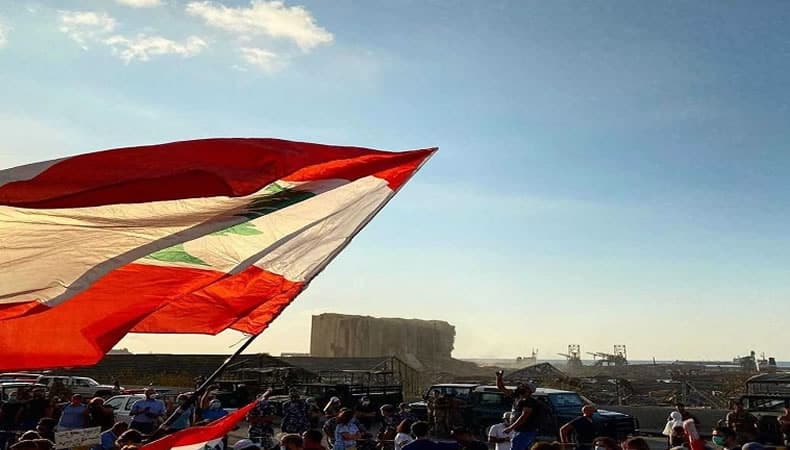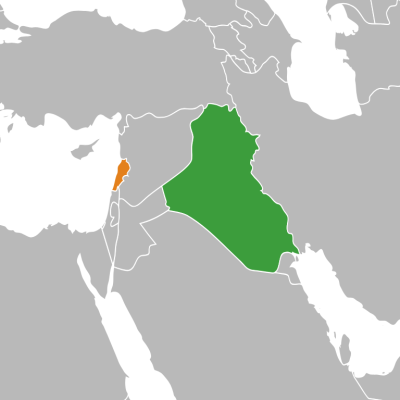Amid protests for revolution, Lebanon’s ruling class continues to control the system

The devastating blast at Beirut’s port on August 4 sent shock wave across Lebanon, affecting thousands of life in the aftermath. Notedly, the responsibility of leaving more than 2,700 tonnes of highly explosive ammonium nitrate in storage at Beirut port for six years falls on the entire spectrum of ruling class of Lebanon who have been part of the government since that period.
In the wake of the blast, thousands of Lebanese citizens have been protesting across the streets for several days, demanding a revolutionary change in the country’s government run by the corrupt ruling elite class. While Prime Minister Hassan Diab, who came to power only in January, resigned from the government along with the rest of his Cabinet due to protests, demonstrators have further demanded the ousting of the ruling class and uprooting the corrupt governance system of the country, along with new fair and just elections.
Unfortunately, even after weeks of protests, the same “corrupt” and “ignorant” politicians have been reportedly participating in the discussions for the formation of a new government in Lebanon after the resignation of PM Hassan Diab. Not only the Beirut blast, the ruling class, who have been holding offices in the government over the past 30 years, is responsible for the collapse of the country’s economy in recent decades. At the same time, Lebanon’s banking sector under RiadSalamé, who has been the governor of country’s Central Bank since 1992, also shares equal responsibility in the collapse of the economy.
These issues have been consistently raised by protesters since the beginning of the popular uprising in Lebanon in October with the famous slogan: “All of them means all of them.” Over the time, protesters have been hoping for the international community to exert pressure on the local ruling elite to accept their demands. However, ruling elite’s hold on the Lebanon’s electoral politics has only grown stronger in the past 30 years which significantly makes it harder for independent leaders to win a position in the government.
Furthermore, Lebanon’s political parties are led by sectarian leaders or their families who have been controlling top businesses in the country for years. Even though independent leaders or parties attempt to overthrow the sectarian leaders, they lack grassroot support and are often met with violence by security agencies.
According to Lebanese activists, the strength of the protests has been critically low which might not be enough to demand major transformation in the system. One of the major shortcomings of the protests rests on the lack of grassroots support to the protests to institute paramount changes in the governance system.




